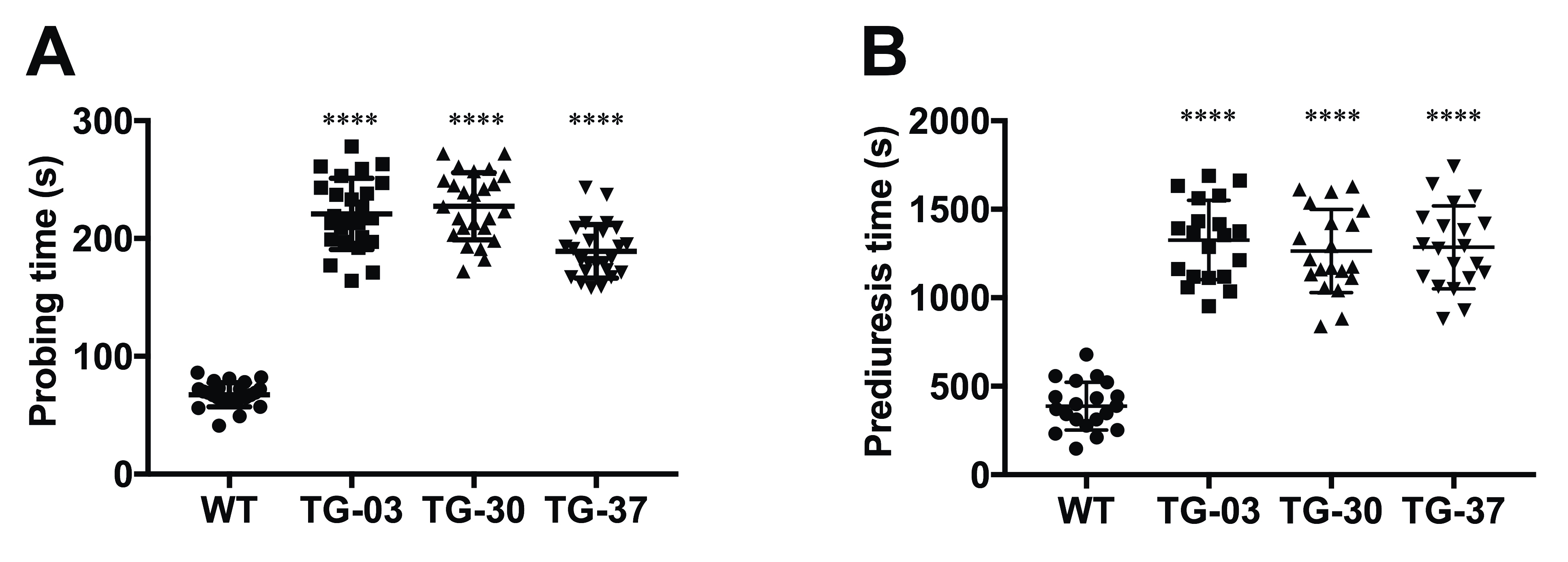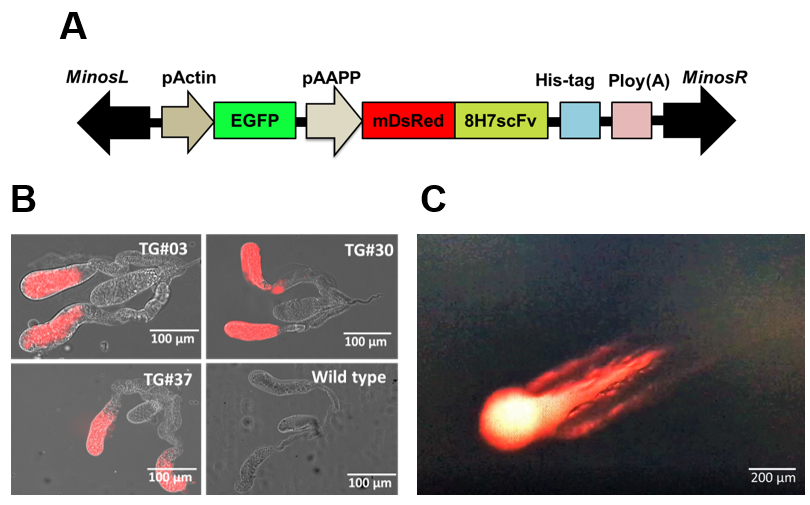Abstract:
A Japan-based research team led by Kanazawa University used the most up-to-date simulation techniques to determine how to make Researchers led by Kanazawa University developed a transgenic approach to inactivating the mosquito salivary protein AAPP. Transgenic mosquitos showed significantly longer probing and prediuresis times, and worse feeding success and meal sizes compared with their wild-type counterparts. Although malarial parasite development was unaffected by these behavioral changes in a laboratory setting, real-world stresses associated with parasite burdens would be expected to adversely affect the survival of transgenic mosquitos.
Kanazawa, Japan – Biting insects use a range of tools when sucking blood from hosts to maximize their chances of a good meal. In the case of mosquitos, only the females feed on blood, which provides a high level of nutrients for egg production. The saliva of biting insects contains proteins that stop host blood from clotting, keep blood vessels dilated so easily accessible, and prevent inflammatory reactions from occurring.
Other salivary proteins have more specific roles antagonizing the host’s immune system. Thus, sand fly saliva causes the death of host defensive white blood cells, while a salivary protein of the mosquito vector of dengue and Zika virus modifies the host immune response to be more anti-inflammatory rather than lethal to malarial protozoans.
Previous work identified a salivary protein (AAPP) of a mosquito vector of human malaria that blocks the binding of platelets to collagen, thus inhibiting clot formation after biting. Now, an international team led by Kanazawa University has investigated the function of AAPP in mosquito blood feeding.
In work reported in Nature Scientific Reports, the team modified a transgene expression system to specifically express an artificial antibody against AAPP under the control of the AAPP promoter in the salivary glands of mosquitos. They first confirmed that the antibody prevented AAPP binding to collagen in transgenic mosquitos by forming a complex with AAPP protein. They then turned their attention to the effects of this inhibition.
“We studied the behavior of transgenic mosquitos expressing the anti-AAPP antibody compared with wild-type controls when feeding on mouse hosts,” says first author Ashekul Islam. “Transgenic mosquitos took significantly longer to establish feeding after inserting their mouth parts into the host (probing time), and also had significantly prolonged prediuresis times.”
Prediuresis is the process by which blood-sucking insects excrete drops of fluid to concentrate ingested blood protein within a small volume that fits in their midgut. However, long probing and prediuresis times come at a risk because they alert hosts to the action of biting, which can be detrimental to the insect. Transgenic mosquitos also performed worse than their wild-type counterparts in terms of the volume of blood ingested, which directly reduced their egg production.
“Despite these clear behavioral changes, there was no difference in the number of malarial parasite oocysts developing within wild-type or transgenic mosquitos,” says corresponding author Shigeto Yoshida. “This shows that the size of the blood meal alone did not affect parasite development in our laboratory model.”
In the real world, however, the authors believe that the high fitness demands of their parasite burden would push transgenic mosquitos with inactivated AAPP over the edge.

Figure 1.
AAPP depletion prolongs probing and prediuresis time in TG mosquitoes. Probing time (A) and prediuresis time (B) were determined in both WT and TG mosquitoes. The TG mosquitoes had significantly longer probing and prediuresis time than those of the WT mosquitoes. 8H7scFv–AAPP complex formation affects the blood feeding behaviors of mosquitoes.

Figure 2.
Generation of the mDsRed-8H7scFv TGs. (A) Schematic representation of genomic structure of a TG harboring the mDsRed-8H7scFv gene under the control of aapp promoter. The transformation marker, EGFP is expressed under the control of actin5c promoter. (B) The mDsRed-8H7scFv protein is expressed in the salivary glands of three lines of the TGs. (C) The mDsRed-8H7scFv protein is secreted from its proboscis as a component of saliva.
Article
Anopheline antiplatelet protein from mosquito saliva regulates blood feeding behavior
Journal: Nature Scientific Reports
Authors: Ashekul Islam, Talha Bin Emran, Daisuke S. Yamamoto, Mitsuhiro Iyori, Fitri Amelia, Yenni Yusuf, Ririka Yamaguchi, Md. Shah Alam, Henrique Silveira & Shigeto Yoshida
DOI: 10.1038/s41598-019-39960-2
Funder
This work was supported, in part, by a Grant-in-Aid for Young Scientists (B) (JSPS KAKENHI grant number 26860278), the Japan Foundation for Pediatric Research (2015), and Cooperative Research Grants from NEKKEN 2014-7 (grant numbers 26-6, 27-5, 28-6 and 29-3) to M.I.; by Grants-in-Aid for Scientific Research (B) (JSPS KAKENHI grant numbers 21390126 and 25305007) and a Grant-in-Aid for Challenging Exploratory Research (JSPS KAKENHI grant number 24659460) to S.Y. A.I. was supported by a MEXT fellowship (163378). H.S. was partially supported by FCT, Portugal (SFRH/ BSAB/130225/2017).



 PAGE TOP
PAGE TOP